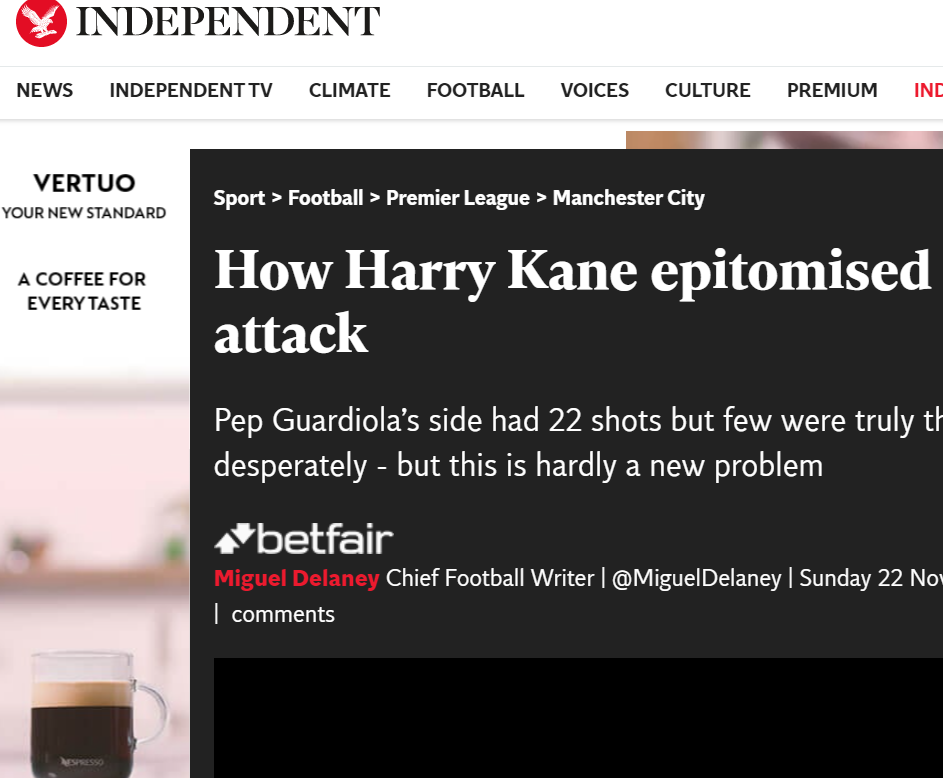
The Independent and Evening Standard have licensed Reach’s AI-powered advertising tool.
The titles, both owned by Evgeny Lebedev, decided to start using the tool for brand safety and contextual ad targeting as the industry prepares for the post-cookie advertising landscape.
Mantis, which Reach created in 2019 with tech company IBM, can read a page, including the topics it contains and the tone it is written in, to identify content that is unsuitable for advertising.
Reach says this is better than relying on keywords, which have a big margin for error and can lead to the over-blocking of pages that could serve ads.
Mantis can distinguish, for example, between a “knife attack” and an “attack on goal” and between “nude photos” and “nude lipstick”. “Shooting” in sports stories has also caused problems historically.
Adib Razzaq, sales director for the Independent and Evening Standard, said the deal was an “important move” for the titles: “As the industry prepares for the end of third-party cookies, advertisers will be increasingly reliant on contextual targeting.
“This is just one of the ways we’re making sure we’re a step ahead of the changes, whilst being the best possible partner to brands.”
[Read more: How G/O Media plans to use first-party data from Gizmodo and other sites to entice advertisers after cookies]
Third-party cookies are used by advertisers to serve relevant, targeted ads to web users through automated real-time auctions.
Google is currently preparing to phase out their use in favour of more privacy-focused tools, such as Federated Learning of Cohorts (FLoC), which would group users who have similar browsing behaviours, thereby hiding individuals within a crowd.
There are fears within the industry that the death of third-party cookies could see UK publishers lose hundreds of millions in revenue if no alternative is put in place.
Reach said initial tests using Mantis on the Independent had seen a 40% increase in available ad impressions compared to other market leaders, which it said included ADMantX, DoubleVerify, Grapeshot, and Integral Ad Science.
[Read more: UK publishers face losing hundreds of millions in display ad revenue when Google switches off third-party cookies]
Emily Britton, head of publisher development at Mantis, said: “We’re thrilled that two of the UK’s largest quality news brands will be joining us in leading the way on AI-led content classification and moving away from outdated keyword-blocking approaches.
“Never-ending block lists not only disrupt ad revenue for publishers but they keep brands from making the most of quality news content.”
The Evening Standard moved to a digital-first model during the pandemic, when its distribution was heavily curtailed by people staying at home, while a “complete DNA overhaul” of its website made it more mobile-friendly.
The Independent has recorded four years in a row of being in profit since going digital-only, with ad revenues growing in 2020 despite Covid-19. Advertising makes up 68% of its revenue.
Email pged@pressgazette.co.uk to point out mistakes, provide story tips or send in a letter for publication on our "Letters Page" blog
